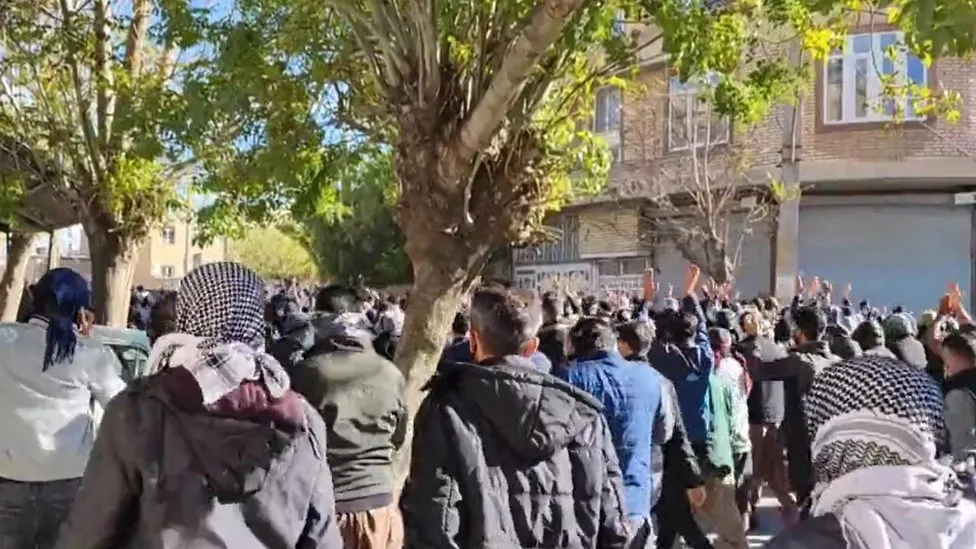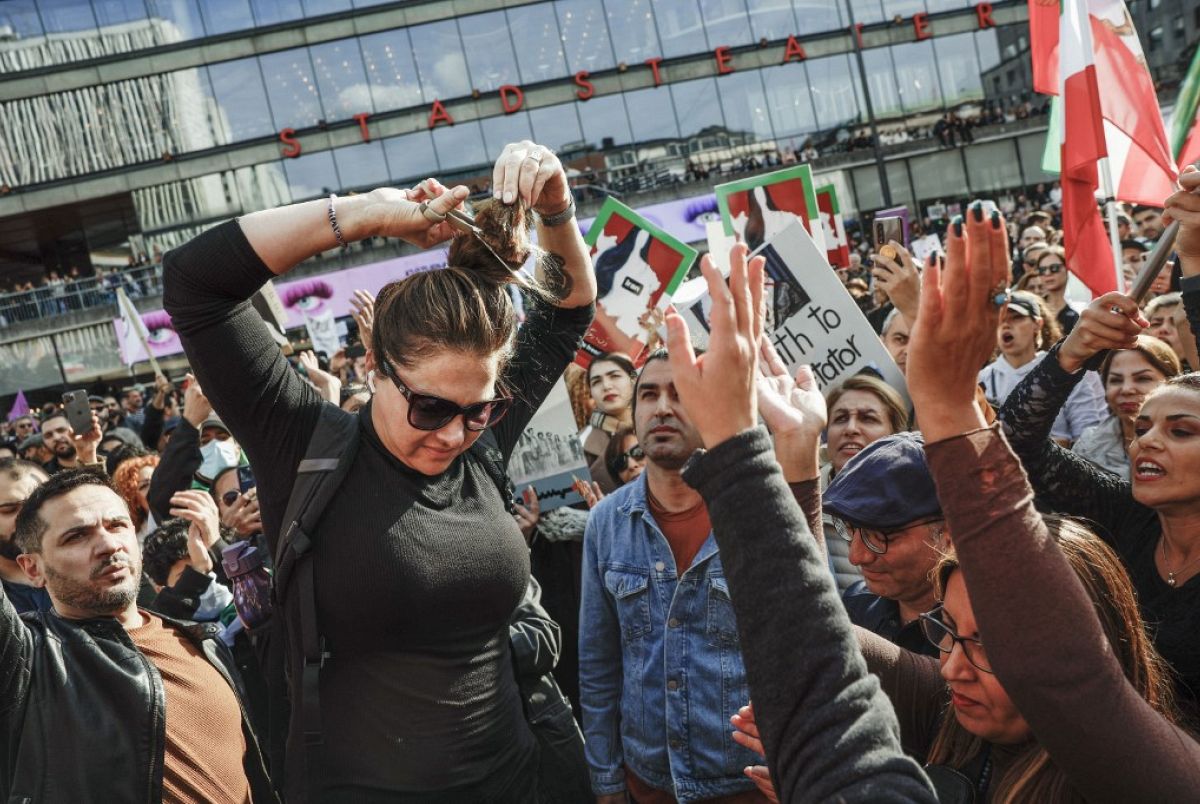Iranian Revolution
The overthrow of the shah of Iran, Mohammad Reza Pahlavi (1919-80), in 1979 by populist forces led by Ayatollah Ruhollah Khomeini (1902-89) established the Islamic Republic of Iran. This revolution has been regarded as one of the most significant in modern history, along with the French Revolution of 1789 and the Russian Revolution of 1917. What makes the Iranian Revolution unique is the important role played by religion. Even though antishah sentiments were held by a wide spectrum of urban Iranians, Islamic revolutionary symbolism, together with anti-Western sentiments, played a major role in uniting the opposition. Moreover, the creation of a Shii revolutionary government under Khomeini's leadership inspired radical Islamic groups in many Muslim countries during the 1980s and 1990s. The revolution was also a factor in several Persian Gulf wars during this period. Many Iranians emigrated to the United States as a result of the revolution.


